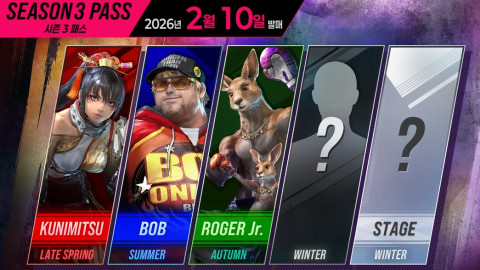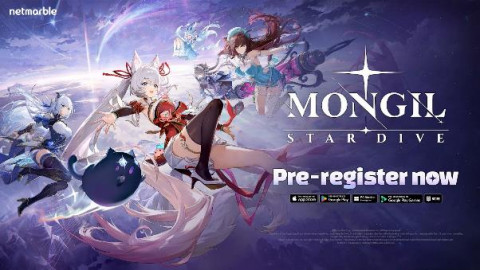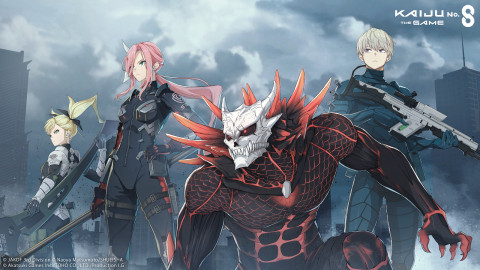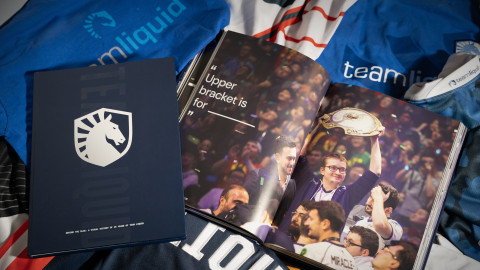
As builders and creators continue to explore blockchain gaming opportunities, they need the right tools to make an impact. Finding the right SDK to build and evolve a blockchain gaming effort is essential. Thankfully, there are quite a few options to choose from today, and they all provide a slightly different opportunity.
Why Blockchain Gaming SDKs Matter
There are many reasons why game developers want to explore opportunities for Web3 purposes. Their games can help empower entire generations of players and enable users to add more content to the game continually. A blockchain game can increase its long-term potential and viability by giving players the freedom to create assets, stories, worlds, or expansion packs.
Moreover, most blockchain gaming SDKs ensure developers can build and deploy games using their existing programming language. Although blockchain technology often requires learning a new language and its syntax, that doesn't necessarily apply to blockchain same SDKs. It is a solid approach, as it helps attract more mainstream game developers who might want to venture over into blockchain and Web3.
Numerous ecosystems and projects have put together such blockchain gaming SDKs for developers to take advantage of. Below are some examples of what the landscape has to offer today.
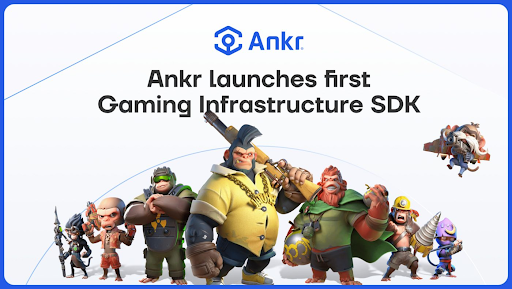
Ankr SDK
The Ankr team introduced their blockchain gaming SDK in March of 2022. Game studios van offer complete Web3 and crypto capacities in their games and help builders create new projects from scratch. Crucial tools include Web3 infrastructure, NFT support, marketplaces, multi-chain wallet support, and integration with the Unity Game Engine. That latter part is a vital gateway for bridging existing games to Web3 technology and facilitating the minting of digital items into NFTs.
Furthermore, the Ankr SDK introduces additional utility for NFTs through renting and trading mechanics. Renting NFTs enables concepts like blockchain gaming scholarships, opening the game to more players with fewer financial means to make upfront investments. Additionally, it introduces extra liquidity for in-game assets as they gain more utility. Developers can also create in-game currencies that provide value to players.
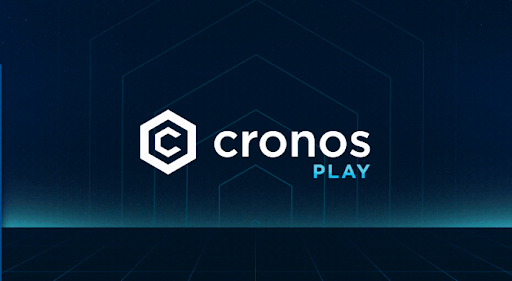
Cronos Play
The Cronos team has put together Cronos Play, a gaming SDK integrating with the broader Cronos ecosystem. It, too, supports the Unity Game Engine -as well as Unreal Engine 5 and other engines - and brings NFT and GameFi elements to new and existing game titles. Builders can quickly integrate NFT and other crypto asset mechanics into their game through Unity's drag-and-drop interface, removing any barriers to entry.
Furthermore, the Cronos Play solution makes it straightforward to create the necessary smart contracts accommodating either ERC20, ERC721, or ERC1155 token standards. Developers can quickly write and deploy their contracts and enhance their [play-to-earn] games. The Cronos Play SDK supports the C+ programming language, which is commonly used among game developers globally. Cronos Play will also integrate with ChainSafe and the Web3.unity open-source SDK for mobile, web, and desktop games.
Stratis Unity Gaming SDK
The Stratis Unity Gaming SDK helps gaming developers to design, build, and deploy games through existing programming languages. Unity is a popular cross-platform engine designed to create some of the world's biggest and most popular projects across PC, mobile, console, and web. Through this SDK, Stratis developers can ring the STRAX token to their game and make it part of their in-game economy.
Like other SDKs, Stratis Unity Gaming SDK supports non-fungible tokens to be introduced into either new or existing games. Several games have used Stratis' technology already, and this SDK is designed to make the technology even more appealing.

ChainSafe Gaming SDK
We briefly mentioned how Cronos Play would integrate the ChainSafe Gaming SDK before. The ChainSafe Gaming SDK brings Unity games to the blockchain with support for in-game NFTs and other tokens. The SDK supports creating and minting of NFTs, connecting to marketplaces, etc. It is an all-in-one solution providing the base layer for blockchain-enabled games, connecting Unity-based video games with EVM blockchains.
Crucial features include creating, selling, and importing tokens and NFTs, multi-chain support, a seamless Web3 sign-in, and support for browser, mobile, and desktop. ChainSafe purposefully opts for giving developers free choice as to which network they want to work with, rather than locking them into one specific option.
-
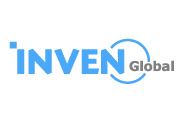 Guest Reporter
Guest Reporter
Sort by:
Comments :0


